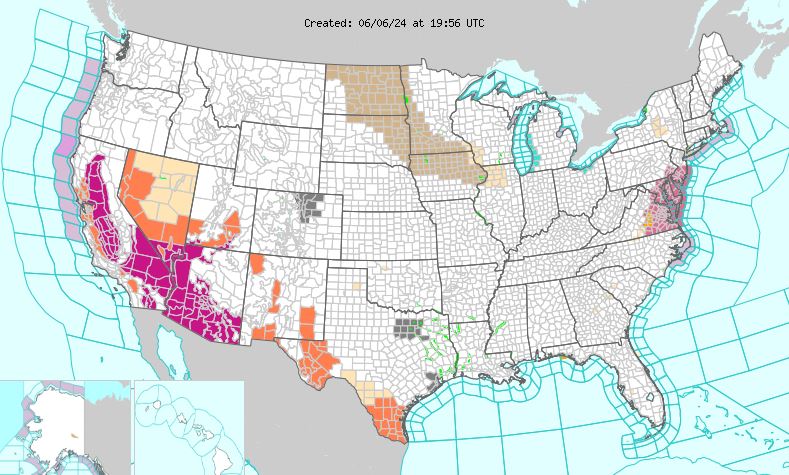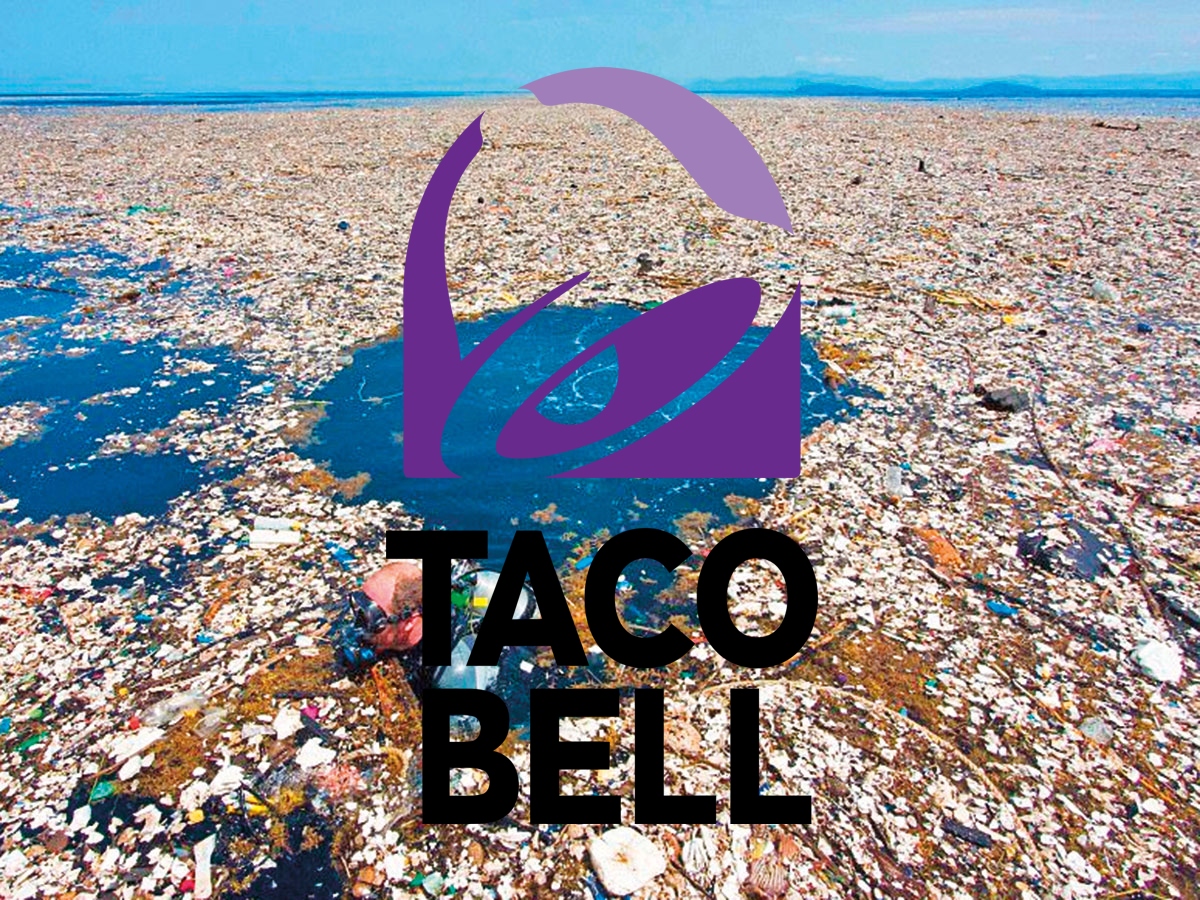A sweltering heatwave is gripping the south-western US, prompting excessive-heat warnings across Arizona, Nevada, and California. Over 36 million people are bracing for potentially life-threatening temperatures, with some areas expecting highs 30F above normal.
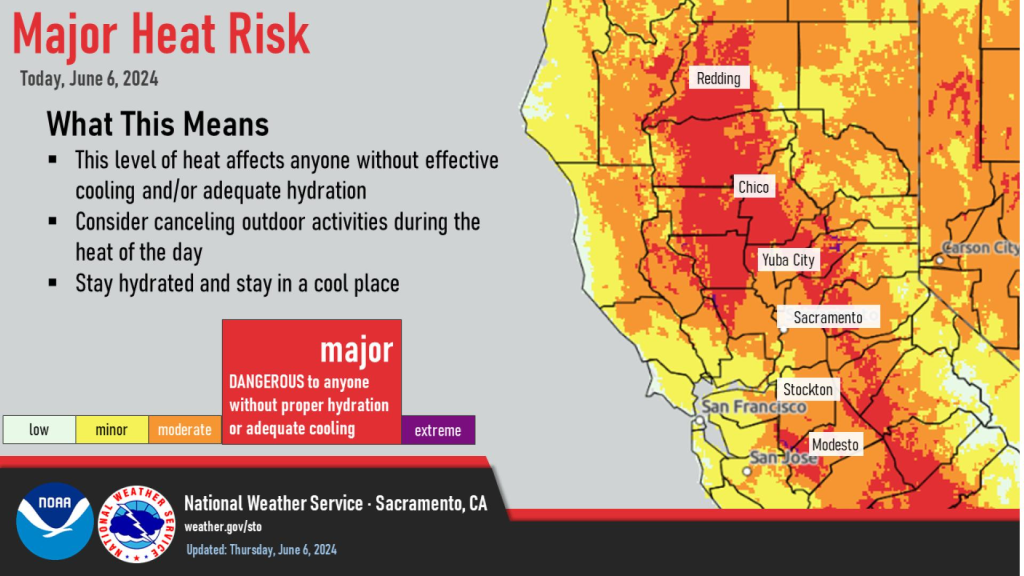
Experts fear this heatwave could mark the beginning of another record-breaking season, surpassing 2023 as the hottest year globally. The National Oceanic and Atmospheric Administration’s three-month outlook predicts above-average temperatures for most of the country this summer.
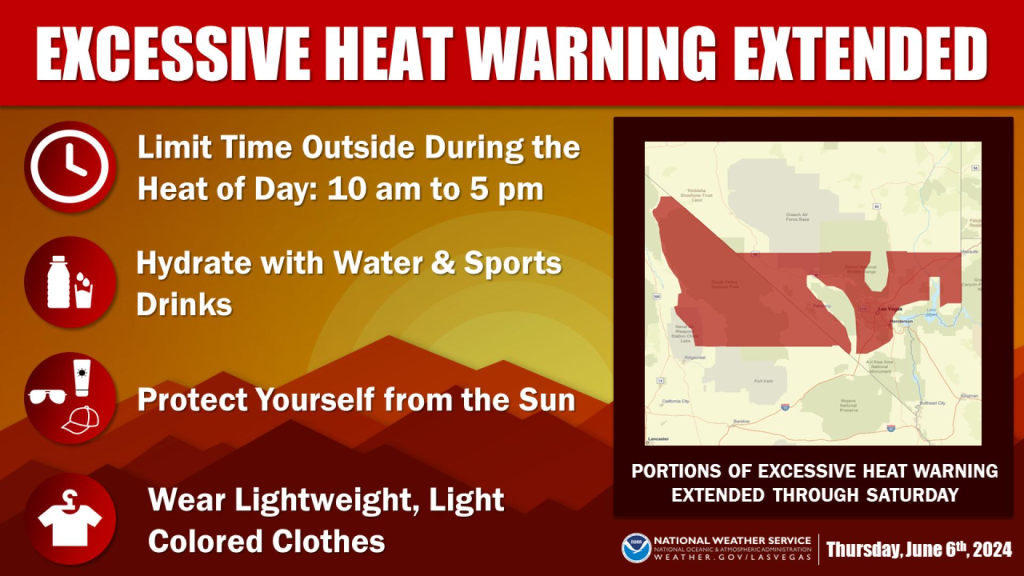
Rising temperatures exacerbate existing strains on vulnerable communities and systems, with the human-caused climate crisis pushing regions beyond their limits.
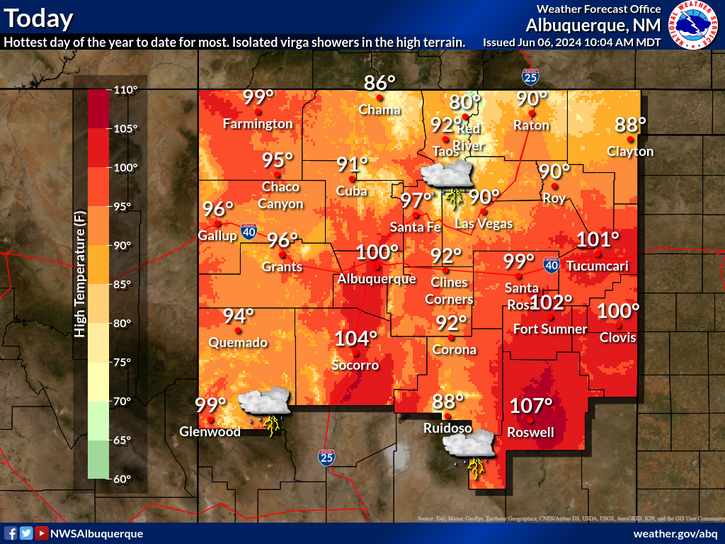
Heat’s impact extends beyond discomfort, with connections found to various health and societal issues, including pregnancy complications and academic performance.
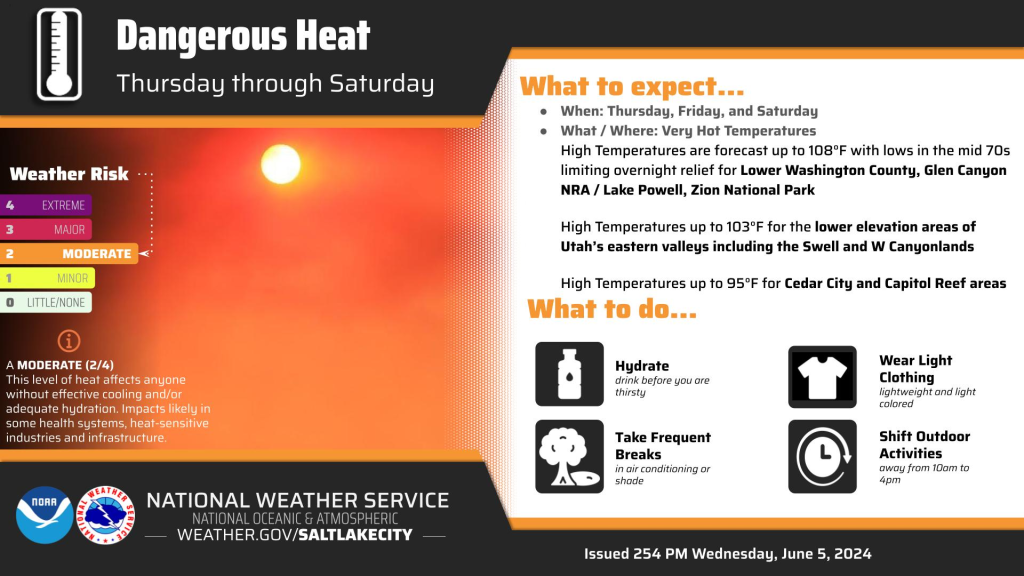
Early-season extremes, like sudden temperature shifts and prolonged heat, pose significant dangers, catching communities off guard and unprepared.
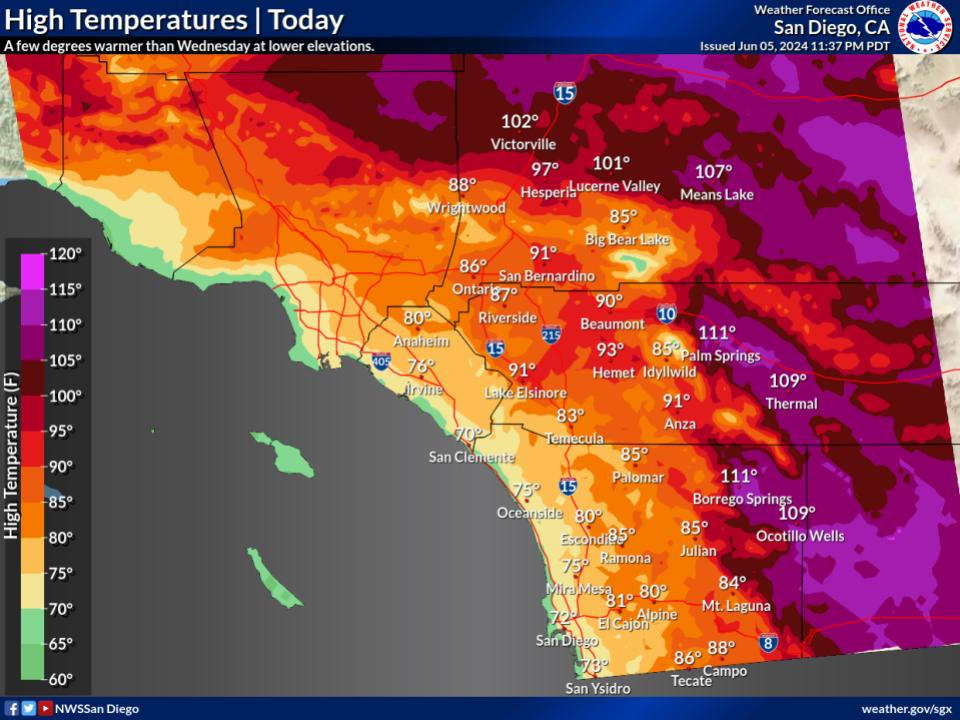
Warnings extend beyond high temperatures, with concerns about the hazards of rivers and lakes filling with snow runoff, particularly in California’s mountainous regions.
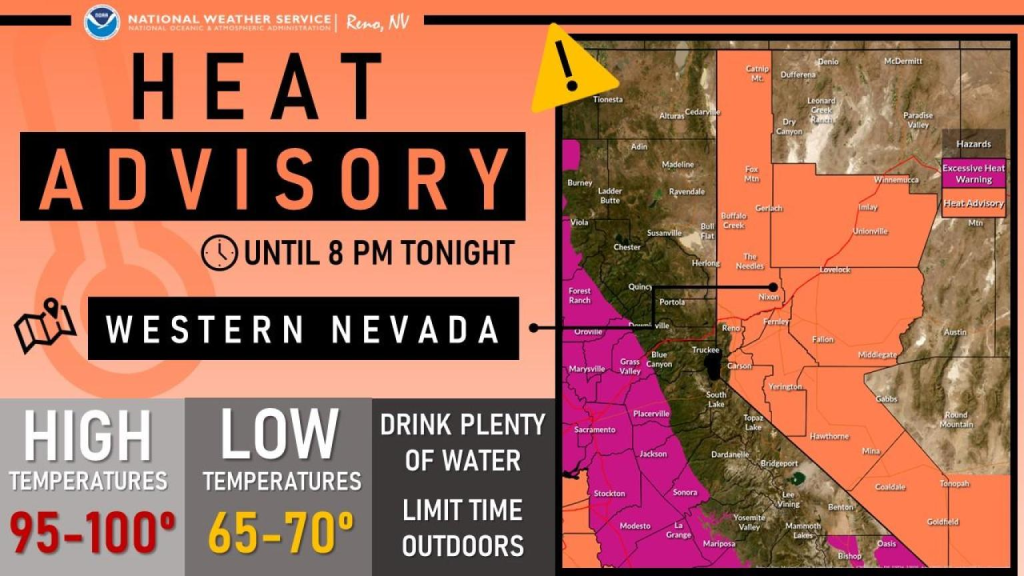
The heatwave is expected to set records in cities like Las Vegas and Phoenix, with night-time temperatures offering little relief.
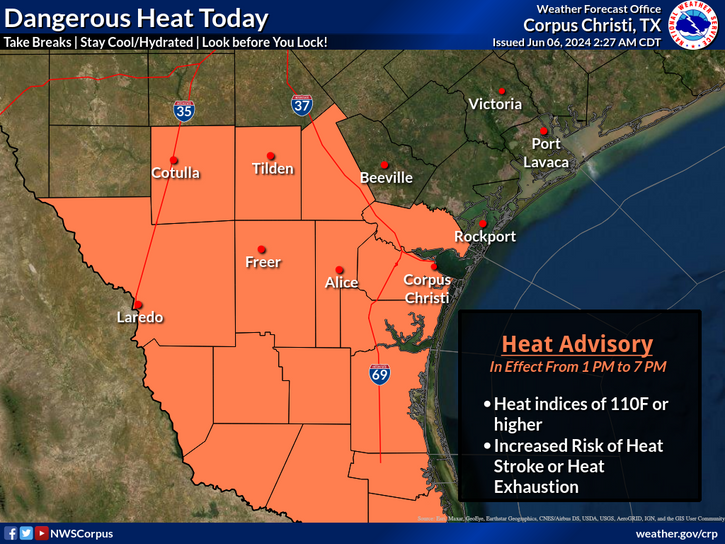
Mexico has already experienced deadly heat-related incidents, signaling the severity of the situation. Heat is recognized as the deadliest weather-related disaster in the US, with fatalities difficult to track accurately.
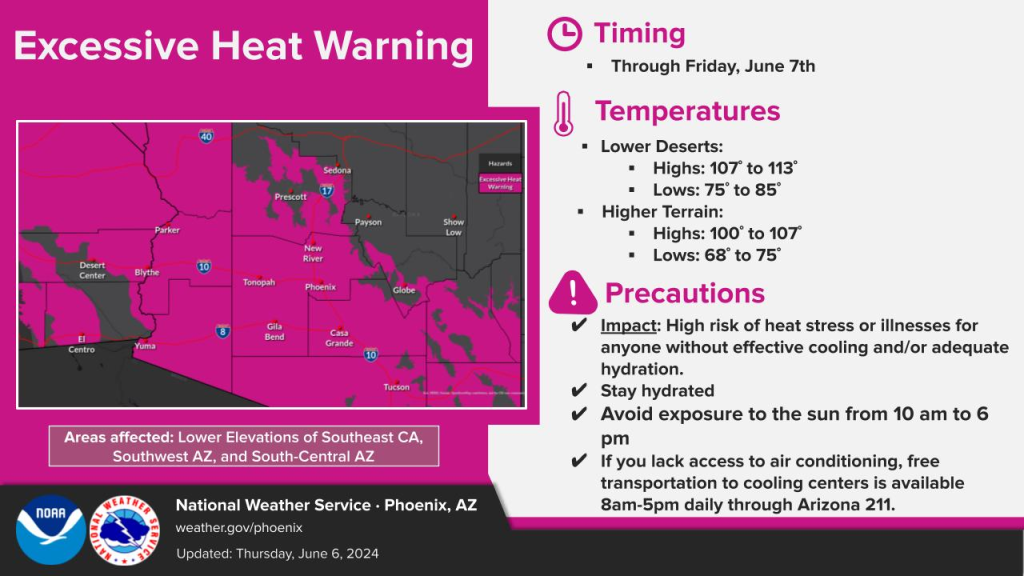
Efforts to adapt to heat, like appointing a statewide chief heat officer in Arizona, are underway, but challenges persist, particularly in urban areas like Phoenix.
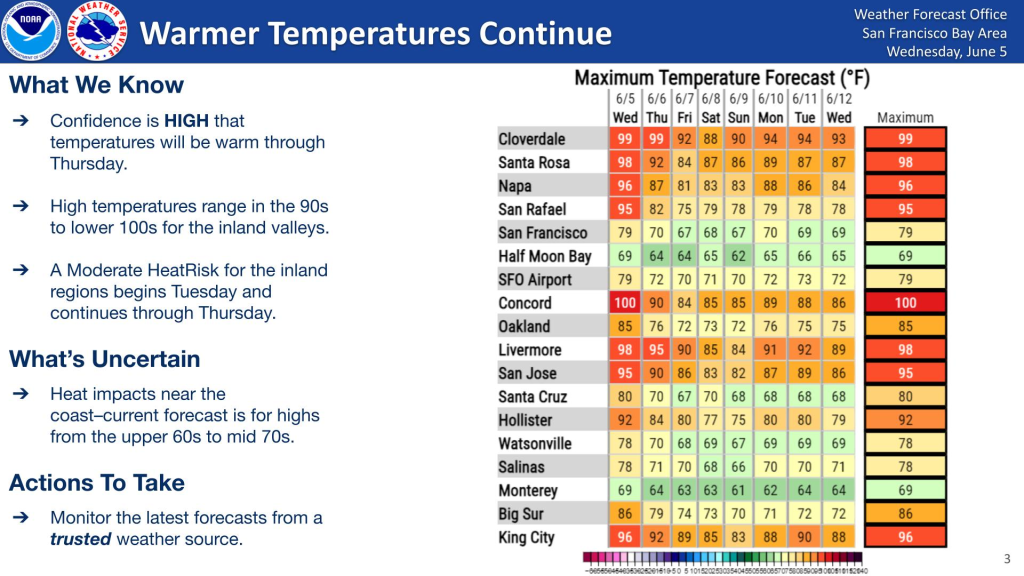
While some residents adapt to high temperatures, there are significant risks for those living outdoors, with limited cooling options and increased vulnerability for certain populations, highlighting the urgent need for support and intervention during heatwaves.

